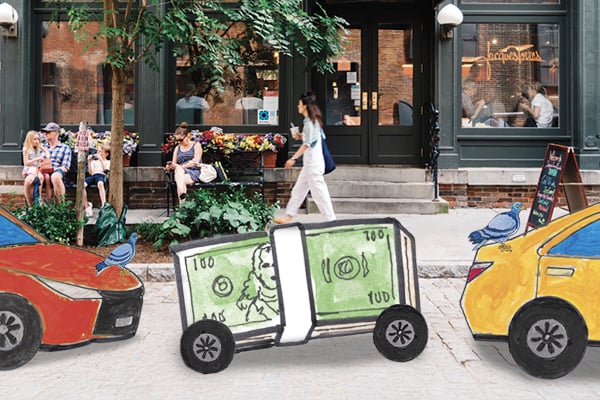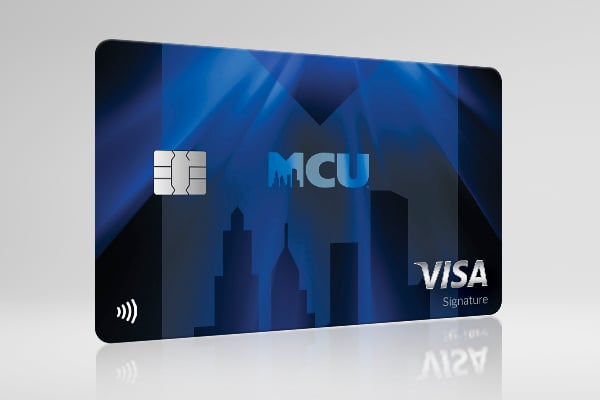New, Used, or Leasing ...What's Best for Me? What’s the Difference?
When it comes to getting your next car, one of the biggest decisions you'll face is whether to buy new, buy used, or lease. Each option has its own benefits and drawbacks, and the best choice depends on your financial situation, lifestyle, and driving habits. Let’s break down the differences and help you figure out which option is right for you.
Buying New
Buying a brand-new car can be an exciting experience. You get that fresh-car smell, cutting-edge features, and the peace of mind that comes with a warranty. Here are the key points to consider:
Pros:
- Reliability – A new car is less likely to have mechanical issues, and if problems arise, they’re typically covered under the manufacturer’s warranty.
- Customization – You can choose the exact make, model, and features you want.
- Latest technology – New cars often come with the latest safety features, fuel efficiency improvements, and tech options.
- Lower maintenance costs – For the first few years, maintenance costs are generally lower compared to older vehicles.
Cons:
- Depreciation – New cars lose value quickly. A car’s value can drop 20-30% within the first year of ownership.
- Higher cost – New cars have higher sticker prices, which can mean larger monthly payments.
- Higher insurance premiums – Insuring a new car typically costs more than insuring a used one.

Buying Used
A used car can offer excellent value, especially if you’re looking to save money upfront. Here’s what you need to know:
Pros:
- Lower cost – Used cars are significantly cheaper than new ones, both in purchase price and depreciation.
- Lower insurance premiums – Insurance costs for used cars are typically lower.
- Less depreciation – Since the car has already gone through the steepest depreciation period, its value will decline more slowly.
Cons:
- Potential repairs – Older cars may require more maintenance and repairs, especially if the warranty has expired.
- Limited customization – You’ll have fewer options for features and colors compared to buying new.
- Unknown history – Even with a vehicle history report, there’s always some uncertainty about how the car was treated by previous owners.
Leasing
Leasing can be an appealing option for those who like driving a new car every few years and don’t want the long-term commitment of ownership. Here’s a closer look:
Pros:
- Lower monthly payments – Lease payments are often lower than loan payments for a new car.
- Access to new cars – Leasing allows you to drive a new car every few years, complete with the latest features.
- Minimal maintenance – Leased cars are typically under warranty, so major repairs are usually covered.
Cons:
- Mileage limits – Leases often come with annual mileage limits (e.g., 10,000-15,000 miles). Exceeding these limits can result in expensive penalties.
- No ownership – At the end of the lease, you don’t own the car. You either return it or pay a hefty fee to purchase it.
- Strict terms – Leases come with restrictions on modifications and wear-and-tear, which could lead to additional fees.

Which Option Is Right for You?
Choosing between buying new, buying used, or leasing comes down to your priorities and financial situation. Here are a few key questions to ask yourself:
- What’s my budget?
- If you’re on a tight budget, buying used may be the best option.
- If you can afford higher payments and want a worry-free experience, consider buying new or leasing.
- How many miles do I drive annually?
- If you drive a lot, buying (new or used) may be better than leasing to avoid mileage penalties.
- How long do I plan to keep the car?
- If you like to switch cars every few years, leasing is a good option.
- If you prefer to drive a car until it’s paid off (or longer), buying new or used is ideal.
- How important are the latest features?
- If you want cutting-edge technology and the newest safety features, leasing or buying new is the way to go.
- Am I prepared for maintenance costs?
- If you want to avoid major repair costs, buying new or leasing may be a better fit than buying used.
Why Choose a Credit Union for Your Next Car?
Whether you decide to buy new, buy used, or lease, financing through a community-focused credit union like ours can help you save money and enjoy personalized service. We offer competitive rates, flexible terms, and expert guidance to help you make the best choice for your needs. Plus, when you work with a credit union, you’re supporting an organization that gives back to your local community.
Final Thoughts
Deciding between buying new, buying used, or leasing doesn’t have to be overwhelming. Take the time to evaluate your priorities, budget, and lifestyle to make the best choice. If you have questions or need assistance, our team is here to help guide you through the process. Visit the MCU Auto Center to learn more about our auto options!

 Previous Menu
Previous Menu






